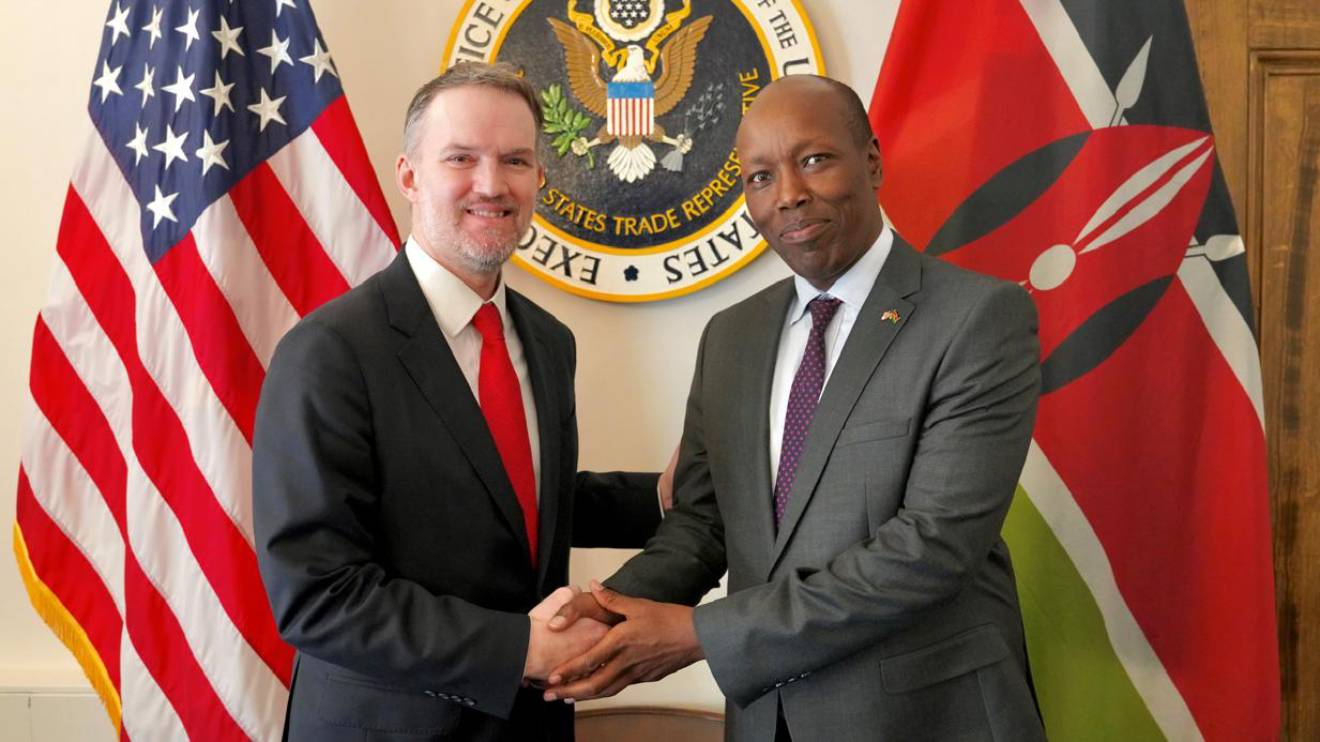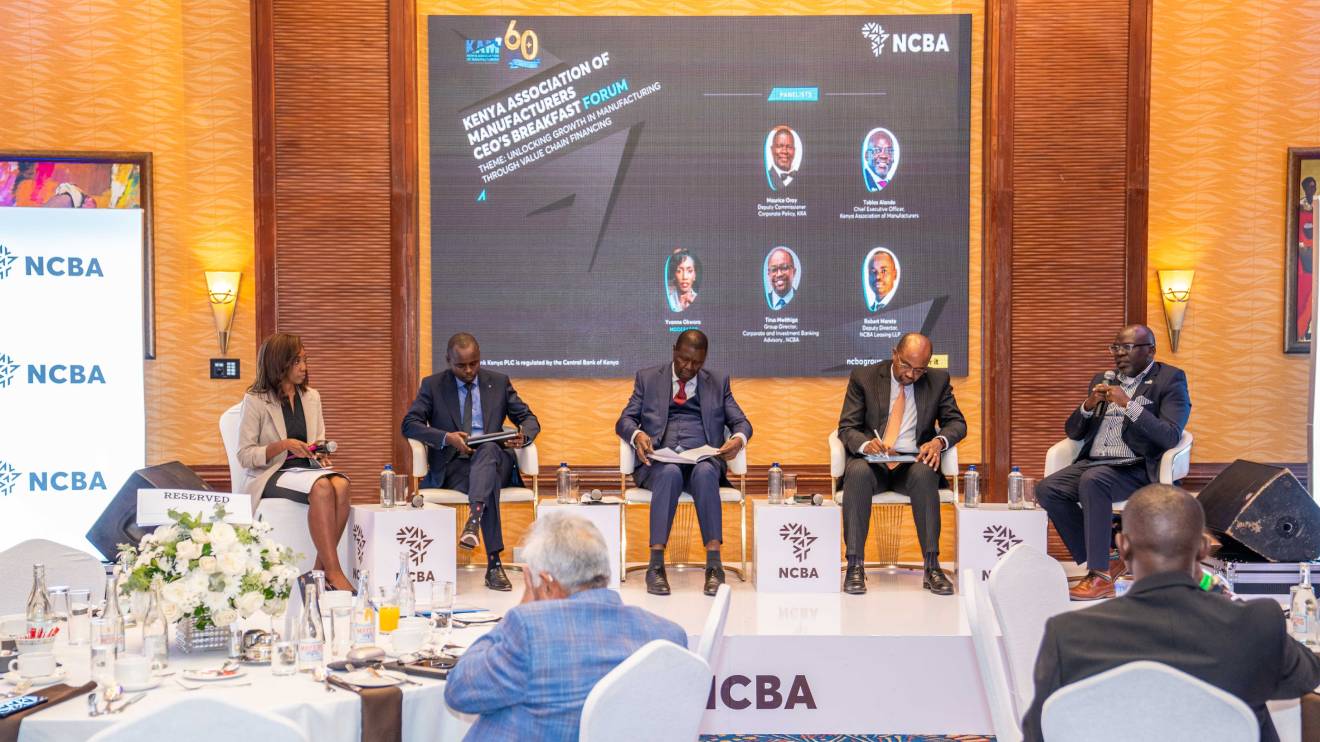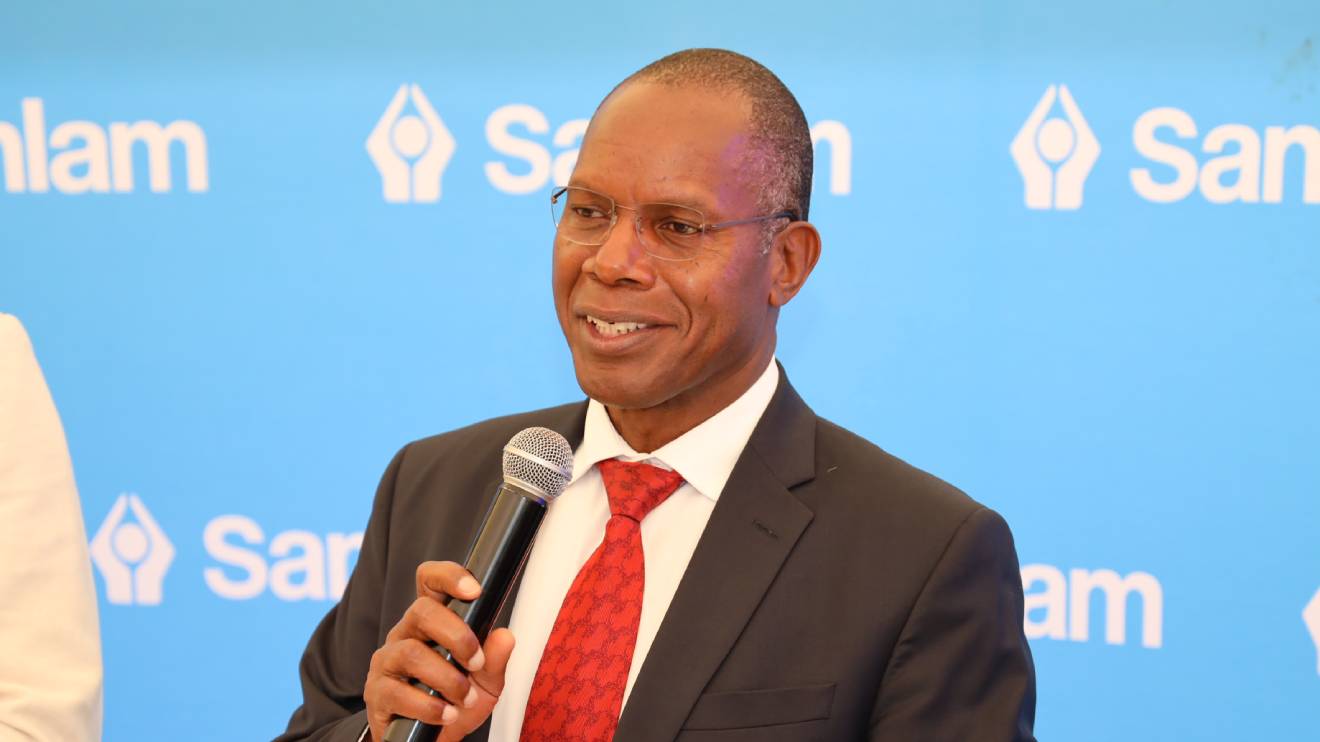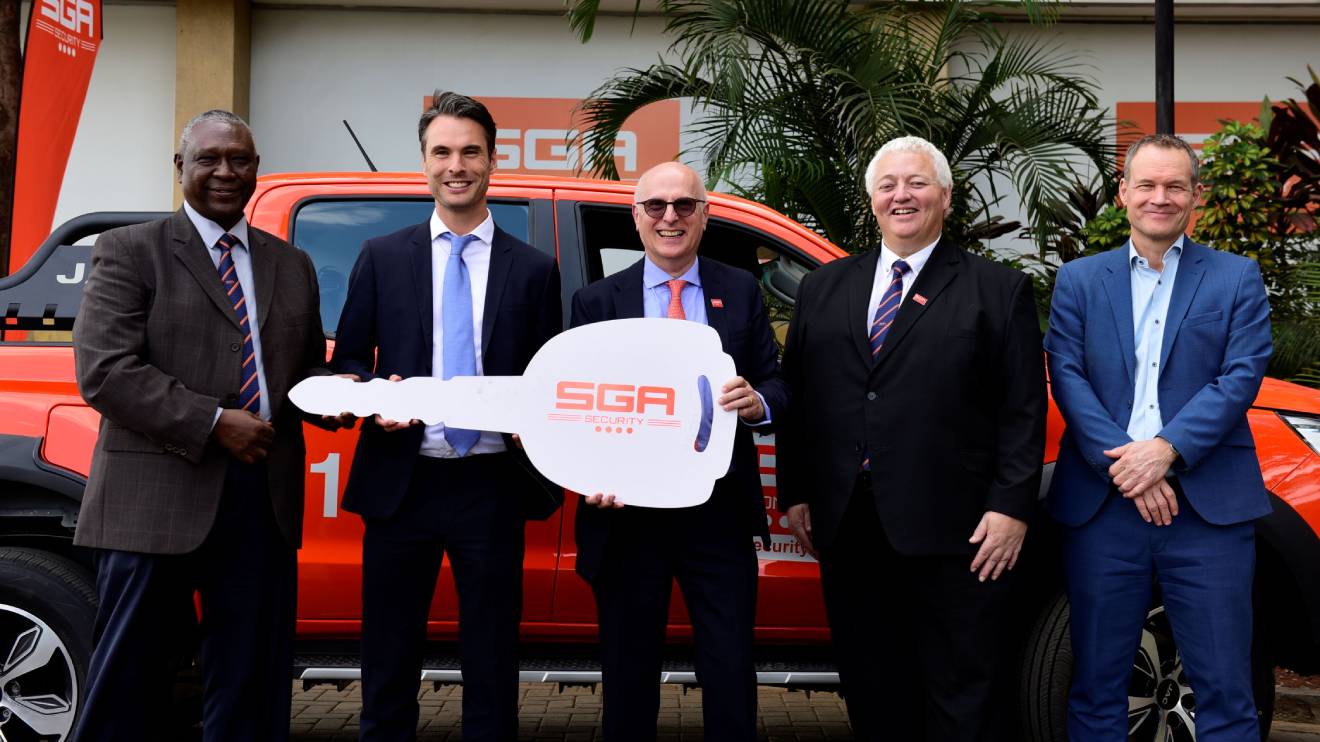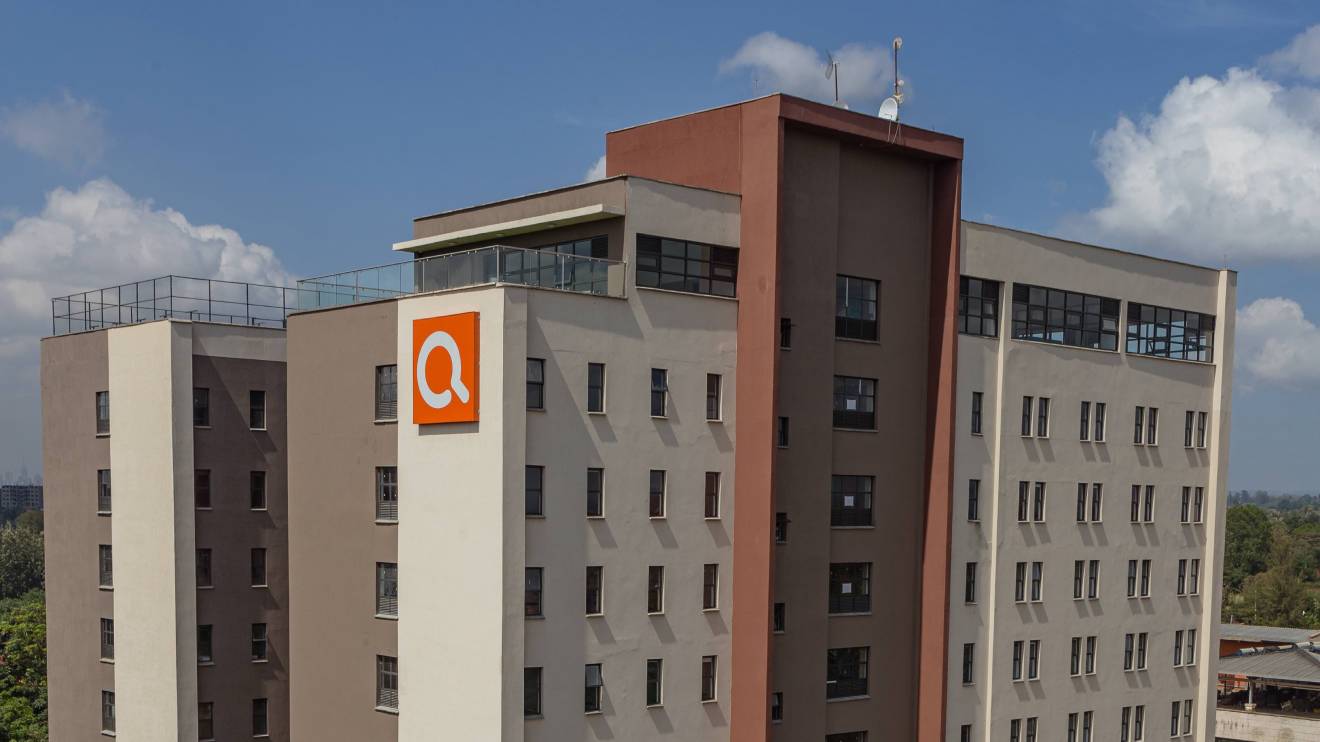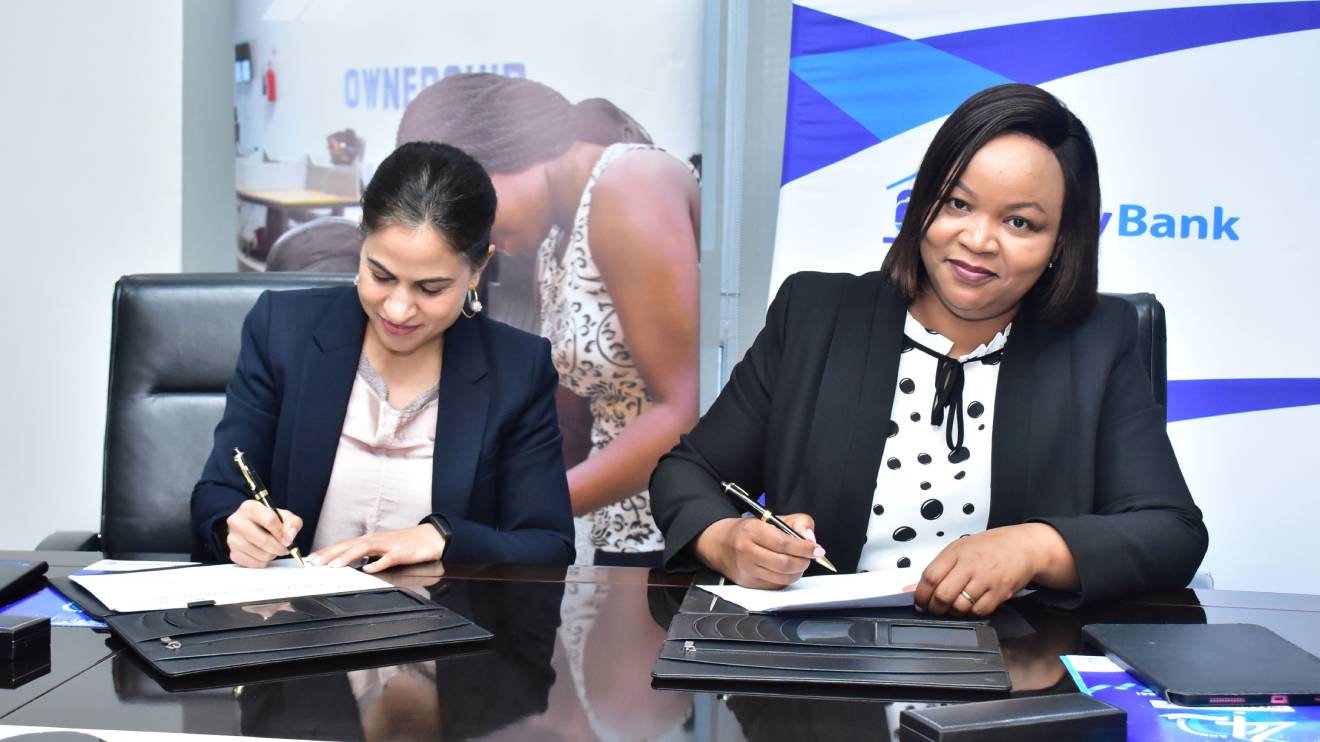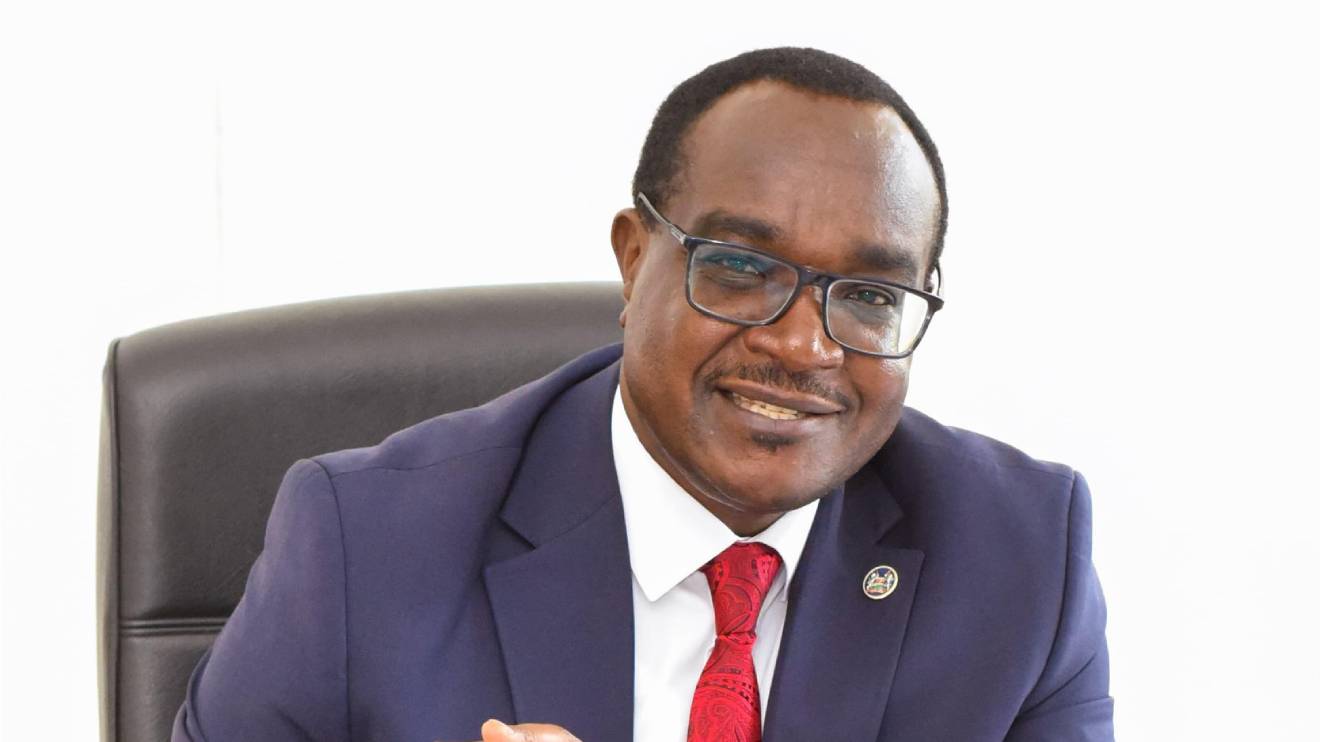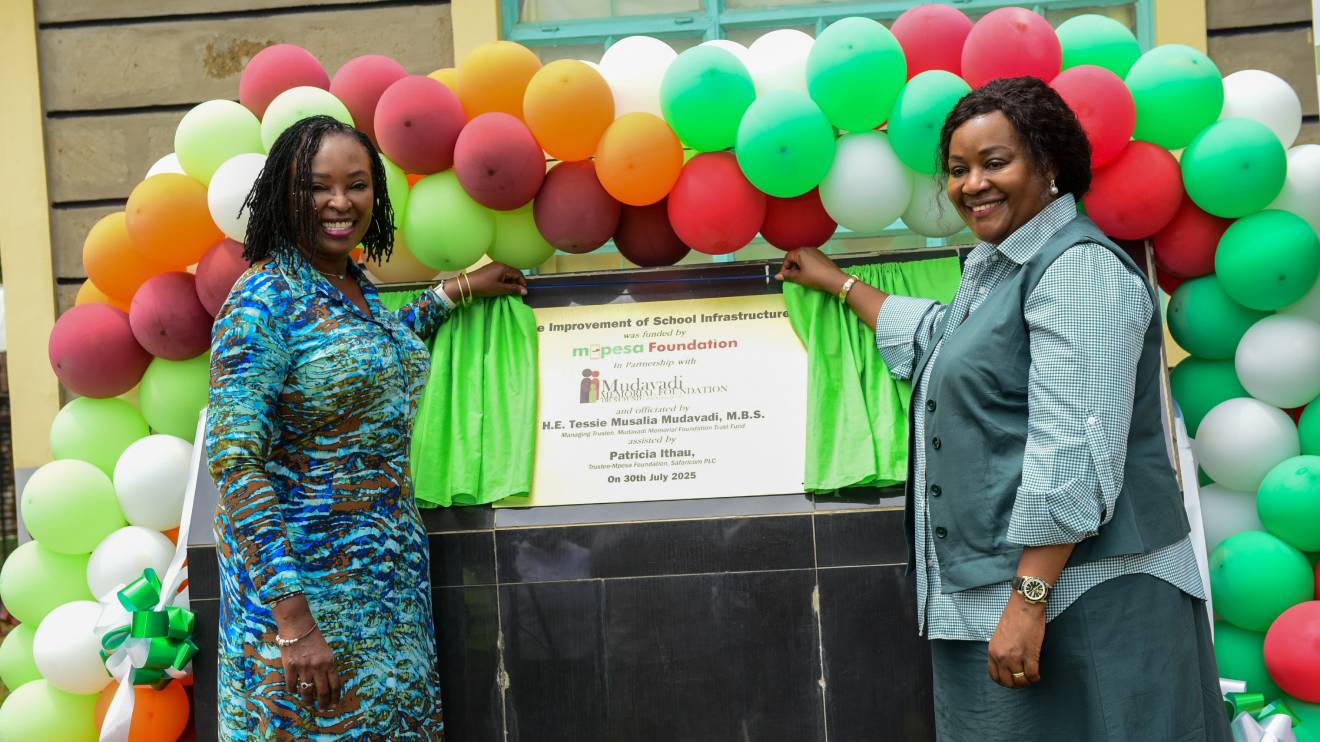Seven entrepreneurs have completed the UK’s Green Business Building (GBB) accelerator programme, marking the conclusion of the initiative’s inaugural cohort.
The British High Commission celebrated their graduation today, highlighting the programme’s role in fostering sustainable businesses in Kenya.
The selected entrepreneurs, drawn from a competitive pool of applicants, underwent an intensive three-month training and mentorship programme supported by over 30 global business experts.
The initiative equipped them with skills to tackle business challenges, enhance customer focus, and refine their value propositions for potential investors.
The businesses span various sectors, including biofuels, recycling, electric vehicle assembly, infrastructure, and green agricultural inputs.
Read More
According to Manufacturing Africa, new green opportunities in Kenya could generate annual revenues of Sh258 billion to Sh516 billion (approximately $2-4 billion) by 2030 and create at least 200,000 direct and indirect jobs.
The GBB accelerator seeks to develop a new generation of businesses capable of seizing these opportunities.
Tertia Bailey, Manufacturing Africa Advisor at the British High Commission, underscored the significance of the programme, stating that the graduates exemplify the potential within Kenya’s business environment.
“Today’s seven graduates show the incredible potential of Kenya’s business landscape and the fantastic opportunities to grow sustainable profitable and green businesses in the region," she said.
Bailey further noted that the partnership with Manufacturing Africa is not only creating jobs but also driving economic growth and strengthening resilience against environmental and climate-related shocks.
The UK-Kenya partnership is thriving – we're going far, together,” she added.
Among the graduates, Joseph Mungai, CEO of AceleAfrica, highlighted the uniqueness of the accelerator, noting that unlike other programmes, it provided customised support to address individual business challenges.
“The difference between this accelerator programme and others I have participated in is that support is tailored to individual businesses to address their unique challenges," he said.
Mungai also pointed out that the most valuable lesson from the programme was the ability to refine business storytelling using market data.
“The biggest takeaway as a business is refining our business storytelling approach using market data,” he said.
Thomas Pascoe, Manufacturing Africa programme Team Leader, reflected on the impact of the first cohort and outlined the next steps.
He confirmed that 20 additional companies would be admitted in the coming year, with applications already open for promising start-ups in green manufacturing and related fields.
“The first cohort of the GBB accelerator program has been a success and a valuable experience for us to refine our offering. We plan to admit 20 more companies over the next 12 months," he said.
He encouraged interested businesses to apply, stating, “We’ve already put out a call for promising and ambitious start-ups in the green manufacturing and adjacent spaces to apply for the next cohort, which will start in the next few weeks.”
The graduation event concluded with an investor engagement session, where the entrepreneurs connected with potential investors who provided strategic guidance and insights on securing funding.

-1743631116.jpg)
